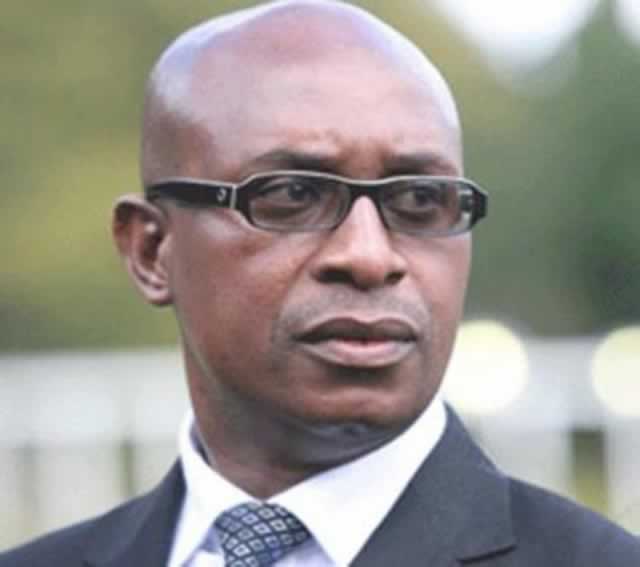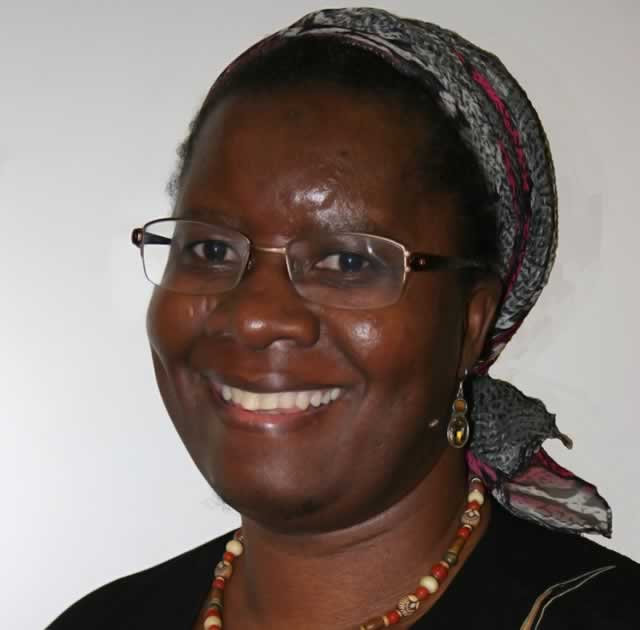Afrobarometer survey: Dismiss it at your own peril

Tafara Shumba Correspondent
Debate on the credibility of the Afrobarometer/Mass Public Opinion Institute (MPOI) survey results continues unabated. I for one had not joined the debate for it initially seemed trivial and inconsequential to expend time arguing over figures that will never bring food on the table of the general populace.
Not until I had a chinwag with some well-read officials of the MDC-T.
Learned but not judicious though.
Apart from what I gathered from these officials, MDC-T, through its spokesperson, Obert Gutu, made a follow up statement that rebutted the findings of the survey.
Contrary to the findings, MDC-T has a strong conviction that its leader Morgan Tsvangirai is more popular than President Mugabe.
Such an erroneous belief spurred me to join the debate.
By confuting the survey findings, MDC-T has chosen to live dangerously.
Although it is within their democratic right to contest such findings, they can dismiss it at their own peril.
Surveys are very important in describing the characteristics of a large population.
They are used to measure public attitudes on economic, political and social matters.
Business and politicians, among other stakeholders, use survey findings to draw conclusion and make important decisions.
It would be folly for business to ignore such useful data, the same for a politician or political party to dismiss scientific findings based on pre-existing attitudes and emotions.
Afrobarometer is one of the credible research projects that use surveys and it has done several of these studies in more than 30 African countries.
Most of its survey findings have been prophetic and on the mark.
Those that Afrobarometer commissioned in Zimbabwe on political matters have not been in favour of Zanu-PF.
MPOI itself was founded by a staunch critic of Zanu-PF and even those currently running it have continued the anti-Zanu-PF culture.
Speculation that Zanu-PF connived with the researchers is misplaced.
Unlike MDC-T, Zanu-PF never went into denial mode when the findings were not so favourable.
Instead, it used the findings to spruce up its image, strategies and policies.
It paid dividend, as confirmed by recent surveys by Afrobarometer, MPOI and Freedom House, among others, which all pointed to a rebound of the revolutionary party.
MDC-T and its allies within civic society have decided to contest the findings whose research methodology was one of the best.
Such a denial looks more of a public relations scheme designed to assuage panic within the dwindling MDC-T support base.
Behind the scenes, MDC-T is obviously taking serious corrective measures to put its house in order.
During the run-up to the 2013 elections, we heard MDC-T publicly berating the Zanu PF election manifesto.
However, we eventually saw pictures of the MDC-T leadership admiring the manifesto at one of their meetings.
The party’s secretary general then, Tendai Biti, later publicly admitted that Zanu PF had a better and more appealing message.
This is the same message that has caused a surge in fame for President Mugabe.
It is the fulfilment of this message that has made him the people’s first preference.
The popularity of political protagonists in Zimbabwe does not even warrant a research.
The situation on the ground says it all and even a layman can draw perfect conclusions from developments on the ground.
Just this week in Manicaland, five MDC-T officials, some of whom held provincial portfolios, crossed the floor to Zanu PF.
Of late, Zanu-PF has been inundated with similar defections across the country.
That alone tells the story of a political leader who is increasingly becoming a darling of the people.
Despite MDC-T’s insincere rebuff, President Mugabe’s popularity will remain a fact, a scientifically proven one for that matter.
Tsvangirai is increasingly becoming very unpopular within and outside his party.
His unpopularity has occasioned a splinter group calling itself the MDC Renewal.
Donor fatigue are symptoms of the waning popularity of Tsvangirai and his party.
Only an insane investor can buy shares in an ailing company at the stock exchange.
The MDC-T is no longer a worthy risk to investment in. It is now a risk investment for both the voters and the benefactors.
People cannot invest their votes in a wretched party or leaders who are almost doomed to failure. It is worse off for the funders.
Obert Gutu’s poorly crafted denial statement gave away the store and exposed MDC-T’s two-facedness.
The party chose to take a selective approach to the findings.
They are only acquiescent to part of the findings that resonate with their predetermined notions.
According to MDC-T, everything that is in favour of Zanu-PF must be disputed.
In this case, MDC-T challenged the popularity of President Mugabe while on the other hand they agreed with part of the report that talked about corruption and the Zimbabwe Electoral Commission (ZEC).
Gutu kept harping on the corruption issue and skirted around the real issue of President’s popularity that raised dust. It is a poor attempt at diverting attention.
Unlike MDC-T that has developed the habit of denying apparent facts, Zanu-PF owns up that the scourge of corruption indeed afflicts the country.
However, the revolutionary party does not only stop at admission.
It has gone further to redress the situation.
The arrest of former Air Zimbabwe bosses is a testimony that the Zanu-PF Government and President Mugabe in particular do not wink at the vice.
Transport and Infrastructural Development Permanent Secretary, Munesu Munodawafa, is before the courts over the vice.
Corruption is part of the accusations lumped on some ministers who were fired from Government by President Mugabe.
That alone shows that despite its prevalence, President Mugabe does not condone corruption.
It is this kind of response to corruption that has also contributed to his popularity. In his leadership, people have hope.
During the inclusive Government, almost all the MDC-T officials seconded to government were involved in corruption, one way or the other.
Tsvangirai himself was caught up in a $1.5 million double dipping scandal.
His councillors, who joined various councils without anything to their name, suddenly became filthy rich.
MDC-T never rebuked its officials who had suddenly become the proverbial man from the rags to riches, courtesy of corruption.
Inquiries were indeed commissioned but the findings were never made public, raising suspicion that it was just a window dressing stunt.
It is this culture of condoning corruption that people consider when making political preferences in such surveys or in the ballot.
The argument on who is most trusted by the electorate should be put in abeyance until the year 2018 when the MDC-T will have a date with its destiny.
It will be the practical way to judge and validate Afrobarometer/MPOI survey. If 2018 is far away, June 10 is just around the corner.










Comments